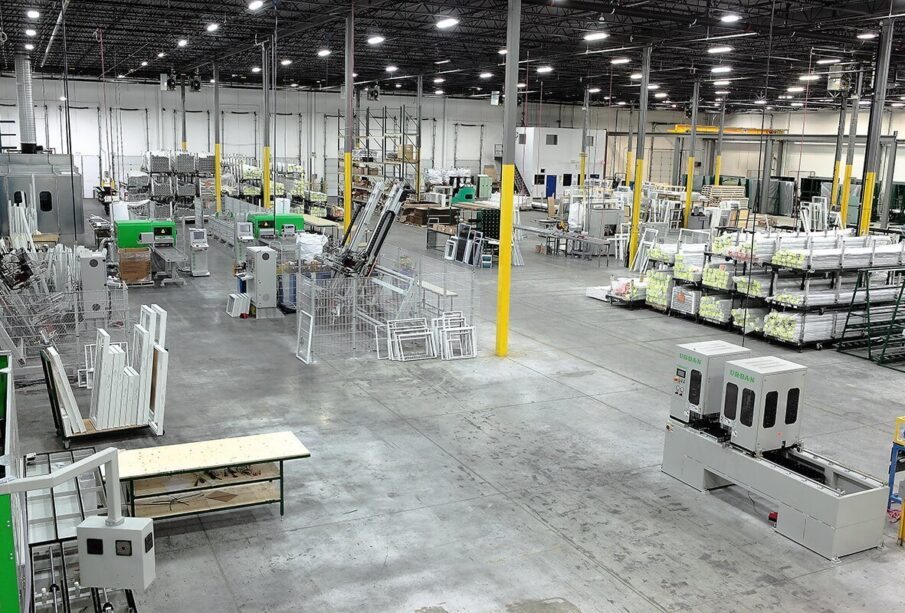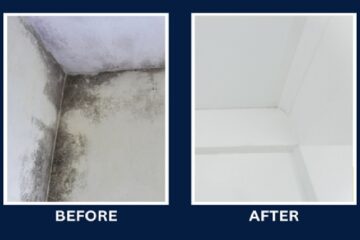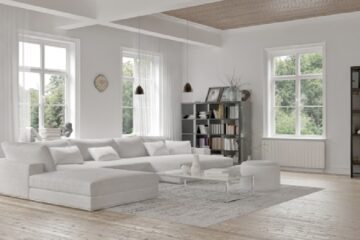Window Manufacturing for Industrial Properties: Understanding the Role of Materials

When it comes to industrial properties, windows are more than just ornamental embellishments. Windows are an important factor for energy efficiency, security and overall functionality. Hence, the selection of right window materials is imperative. In this blog post, we will take a look at material advantage and study how different materials impact window manufacturing in industrial properties.
Strength and Durability:
Industrial properties require windows that can endure heavy usage and environmental impact. Windows made from aluminum or fiberglass will keep their structural firmness as time passes. These materials are resistant to corrosion, weathering and physical stress. They are also suitable for different industrial settings.
Energy Efficiency:
Energy efficiency is an important factor for industrial properties for reducing operating costs and environmental impact. High-performance materials like uPVC (unplasticized polyvinyl chloride), and thermally broken aluminum, feature excellent insulation properties. These materials regulate the indoor temperature, decrease heat transfer and allow energy savings in large industrial spaces.
Customization and Design Flexibility:
The availability of a wide range of materials means that designers and manufacturers can meet the special requirements of industrial properties. Aluminum and steel can be utilized in almost every conceivable design; from expansive floor-to-ceiling windows to specialized configurations for atypical spaces. They bring the best of both worlds, providing flexibility without compromising structural integrity.
Safety and Security:
Since industrial properties contain assets of value and carry out sensitive operations, windows installed in such places naturally need to place safety and security before style. Windows made of laminated glass and reinforced aluminum offer great resistance to forced entry, reducing the chance of break-ins or vandalism.
Regulatory Compliance:
Regulations pertaining to energy efficiency, environmental effect, and safety may differ between industrial sectors. It is essential to comprehend these restrictions in order to choose window materials that adhere to compliance requirements. Since aluminum and uPVC conform to a variety of regulatory regimes, these materials are frequently preferred.
Windows in an industrial setting are vital elements that affect a building’s overall operation, security, and energy efficiency. So, it is recommended to opt for only high-quality windows for such set-ups. This is where SI window manufacturers can help you out. Their windows are designed to last, offering both security and style at your convenience.
It’s high time that industrial properties optimize their window designs for their operational and environmental goals by choosing materials that offer strength, durability, energy efficiency, and design flexibility.











